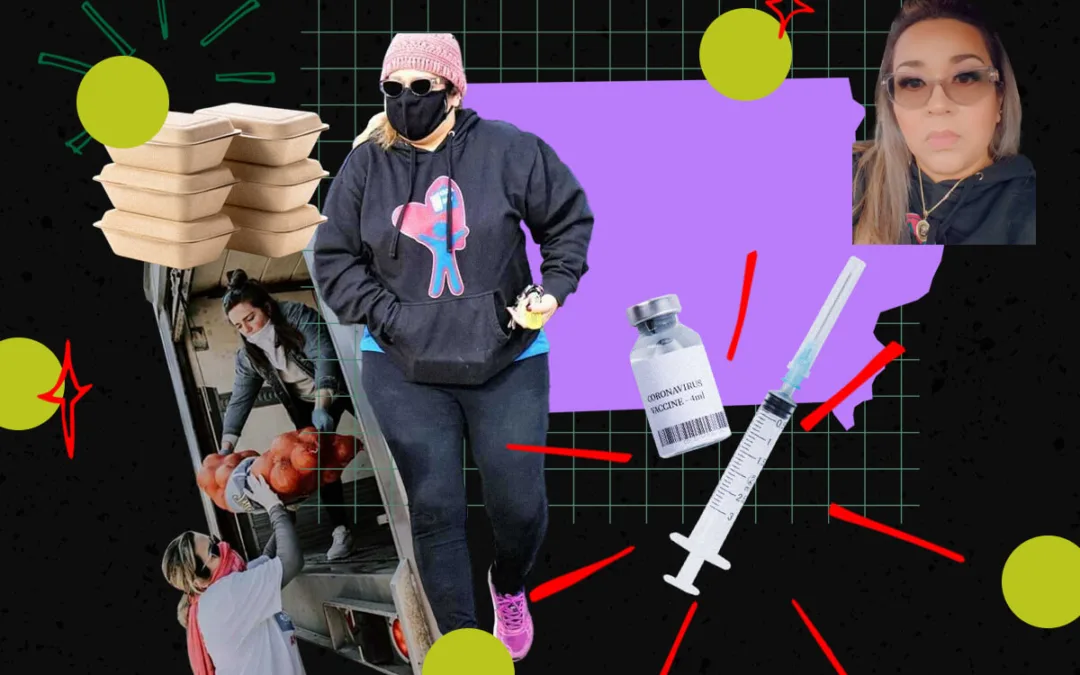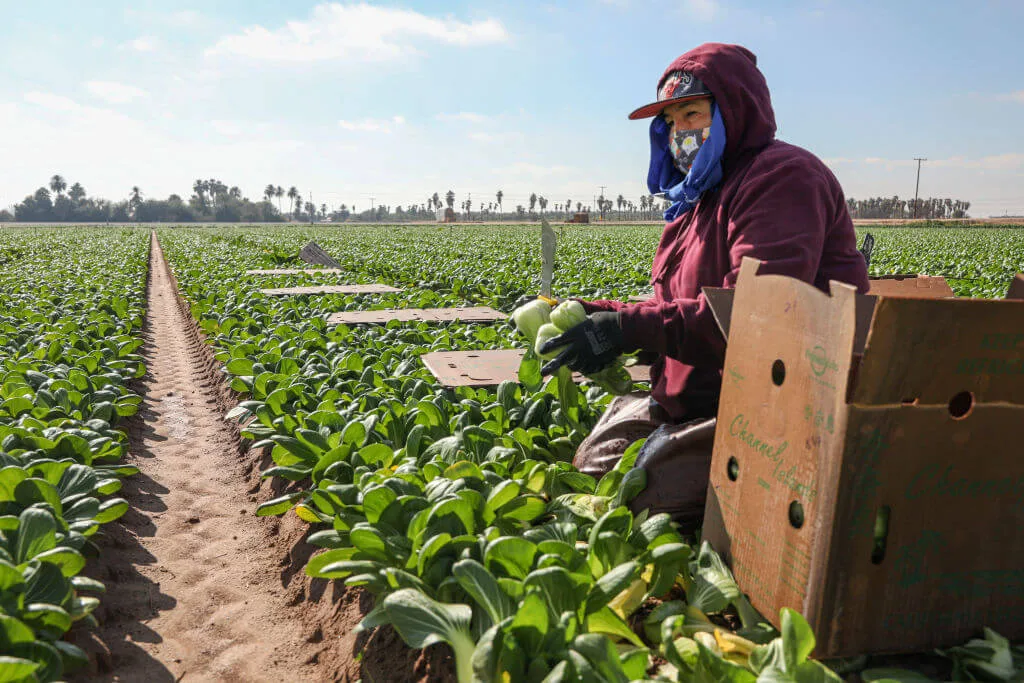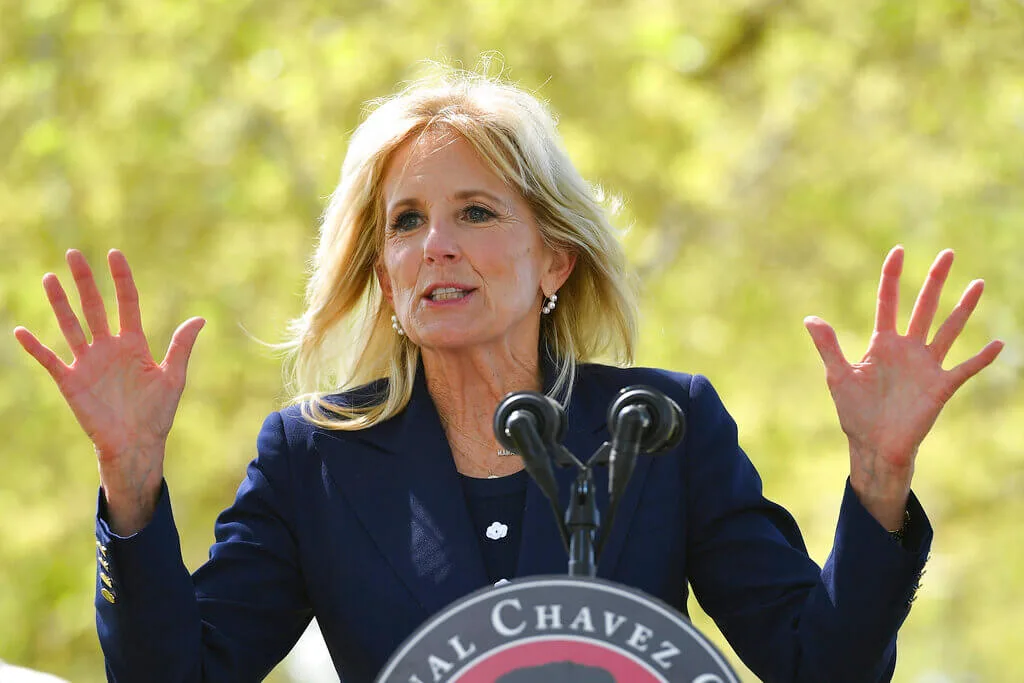
AP Photo/Ted S. Warren
Vaccine supplies will be limited at first, yet getting the shots to the right people could change the course of the pandemic.
With two COVID-19 vaccines that are reportedly close to getting final approval, many are wondering who will get the vaccines first and when will they be ready.
No decision has been made, but the consensus among experts in the US and globally is that healthcare workers should be first, said Sema Sgaier of the Surgo Foundation, a nonprofit group working on vaccine allocation issues.
RELATED: Meet the Two Latino Doctors on Biden’s COVID-19 Task Force
Once a vaccine gets a green light from the Food and Drug Administration (FDA), an expert panel advising the US Centers for Disease Control and Prevention (CDC) will look at clinical trial data on side effects and how people of various ages, ethnicities, and health statuses responded. That will determine the panel’s recommendations to the CDC on how to prioritize shots.
State officials are expected to follow the CDC’s guidance as they distribute the first vaccines.
As of now, the CDC is following the lead of the expert panel and recommending that the vaccine goes to healthcare personnel first, workers in essential and critical industries, people at high risk for severe COVID-19 illness due to underlying medical conditions, and people 65 years and older.
Initially, vaccine supplies will be limited. There won’t be enough to protect everyone, but getting the shots to the people who are most at risk could change the course of the pandemic.
RELATED: Pfizer Says COVID-19 Vaccine Will Be ‘Free to All American Citizens’
Many other questions about distribution remain unanswered, Sgaier noted, such as whether to distribute shots equally across the country or to focus on areas that are hot spots.
But before the vaccine is even ready to be distributed, the Advisory Committee on Immunization Practices (ACIP) still has to review clinical trial information. For example, some of the questions that the ACIP will review about the vaccine is who is receiving the vaccine (age, race, ethnicity, underlying medical conditions), how different groups respond to the vaccine, and the side effects experienced.
As of now, the two vaccine makers are Moderna and Pfizer. The main difference between the two is how the vaccine is stored and the cost. According to The Guardian, Moderna said it could potentially manufacture 1 billion doses by the end of 2021, while Pfizer said it could distribute 1.3 billion by the same time period.
READ MORE: Next Stop, Georgia: The Fight Is on for Democrats to Turn out Voters in the State Runoff
Politics

Teamsters and UPS Reach Tentative Deal to Avoid Strike, 340,000 Workers to Get Raises
The tentative deal represents a huge win for full- and part-time UPS Teamster workers, who would get significant pay raises and better working...



One Republican Senator Is Blocking 265 Military Promotions, Leaving the Marines Without a Confirmed Leader
Sen. Tommy Tuberville's decision means these military officers are not getting the pay raises they’re owed, cannot move their families to wherever...
Local News



Teamsters and UPS Reach Tentative Deal to Avoid Strike, 340,000 Workers to Get Raises
The tentative deal represents a huge win for full- and part-time UPS Teamster workers, who would get significant pay raises and better working...



One Republican Senator Is Blocking 265 Military Promotions, Leaving the Marines Without a Confirmed Leader
Sen. Tommy Tuberville's decision means these military officers are not getting the pay raises they’re owed, cannot move their families to wherever...




